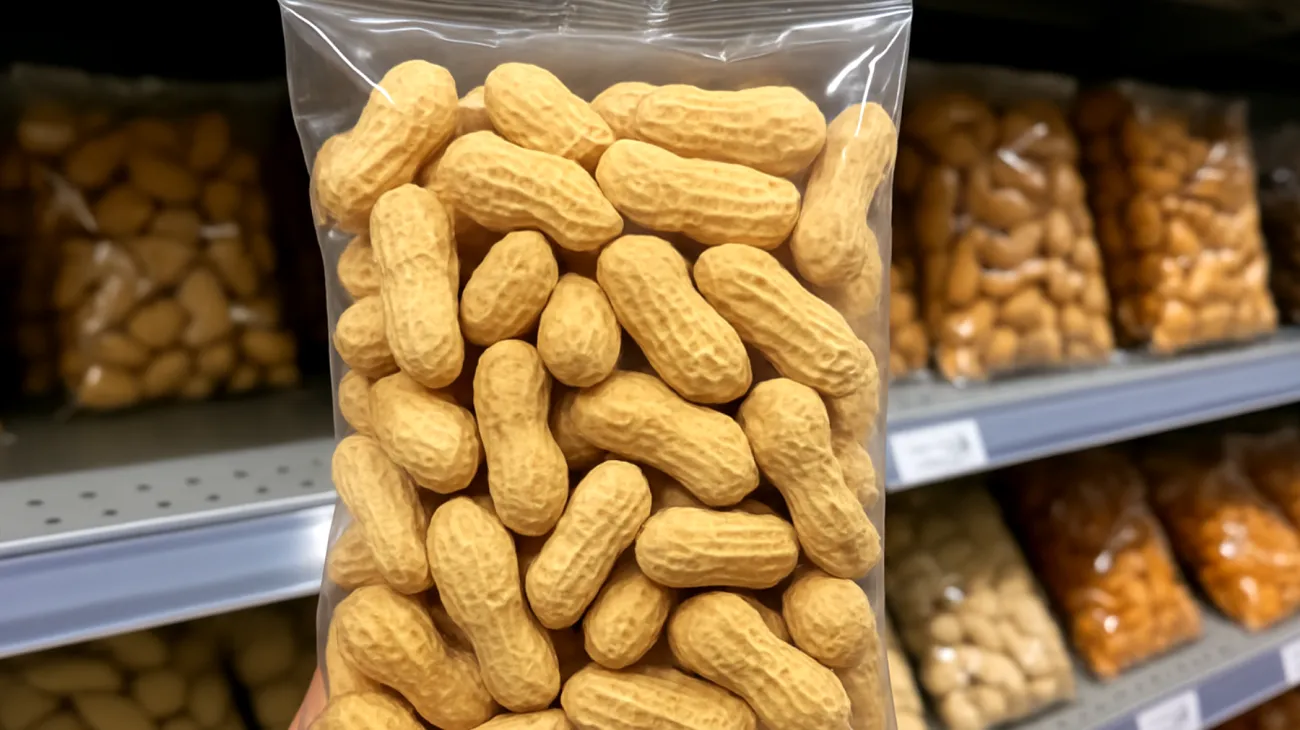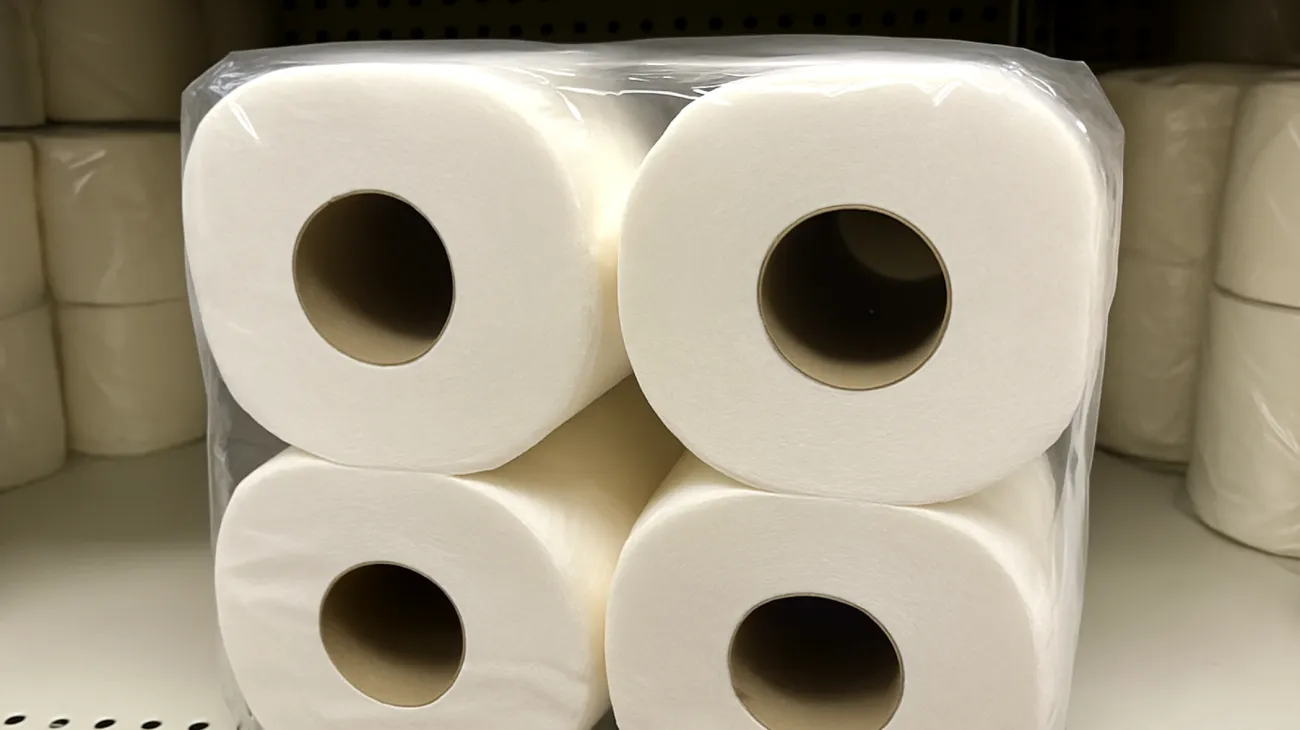Walking through supermarket aisles in the UAE, you’ve likely noticed products with surprisingly low prices that seem almost too good to be true. While budget-friendly options are always welcome, there’s a growing concern among consumer protection specialists about items where the country of origin appears deliberately obscured or misleadingly presented. Such practices can influence consumer perceptions of quality and safety, and these products often carry discount price tags that may signal underlying quality or sourcing issues worth your attention.
The Hidden Reality Behind Obscured Product Origins
When manufacturers choose to mask or downplay their product’s true origin, it usually serves a marketing or regulatory purpose. Some products undergo minimal processing in countries with positive consumer perceptions, allowing manufacturers to legally display that location as their origin despite the majority of production occurring elsewhere. This practice, commonly referred to as country of origin marking manipulation, is legal in many jurisdictions but can mislead consumers who rely on geographic cues for quality.
The discounted pricing on these items frequently reflects cost-cutting measures in production, sourcing, or quality control. Lower prices may result from reductions in ingredient quality, less stringent manufacturing practices, or substandard facilities, all of which can impact the final product’s safety and quality. Understanding these market dynamics helps you make more informed choices about what ends up in your shopping cart.
Red Flags That Warrant Your Attention
Several indicators can help you identify products where origin information might be intentionally vague or misleading. Look out for packaging design that emphasizes certain countries or regions without clear “Made in” statements, or price points significantly below market averages for similar product categories. Vague labeling using terms like “distributed by” or “packed for” without an explicit manufacturing location should also raise questions.
- Multiple country references on packaging without clearly identifying the primary production location
- Missing or hard-to-find manufacturing dates, batch numbers, or quality certifications
- Unusually low prices compared to established brands in the same category
- Generic branding with minimal company information or contact details
Why Origin Transparency Matters for UAE Consumers
The UAE maintains strict import standards and food safety regulations, enforced by authorities such as the Emirates Authority for Standardization and Metrology and Dubai Municipality. However, products with obscured origins may still enter the market if documentation is incomplete or labeling is ambiguous, potentially bypassing rigorous inspection.
This matters because different countries maintain varying production standards, which directly impacts product quality, food safety protocols, and regulatory oversight. For example, meat products in the UAE require Halal certification and clear origin labeling, and failure to comply can result in severe penalties, including product recalls or market bans.

The Economics Behind Masked Origins
Manufacturers engaging in origin masking often use complex global supply chains to minimize costs. They might source raw materials from regions with lower production or labor costs, perform only minimal processing in countries with better market reputations, and then market products by emphasizing the location of final processing rather than primary production origins.
While this approach can lower retail prices, it may also involve cost-cutting in quality assurance, worker safety standards, or environmental protections. These factors are increasingly valued by UAE consumers who want to make responsible purchasing decisions.
Protecting Yourself Through Informed Shopping
Developing skills to identify and evaluate products with unclear origins is essential for protecting your family’s health and your purchasing power. Start by examining product labels thoroughly, as UAE law requires visible information on manufacturing locations, ingredient lists, and quality certifications for many categories.
Research unfamiliar brand names and manufacturing companies before making purchases, especially for food items or products for direct family use. Trusted consumer protection organizations recommend using online resources and regulatory databases for insights into company practices and product histories.
Smart Shopping Strategies
When encountering suspiciously discounted products with vague origin information, take a moment to evaluate them properly. Does the packaging provide clear, specific manufacturing location information? Are quality certifications such as UAE National Halal Mark, ISO, or GSO from recognized bodies clearly displayed? Can you easily trace the manufacturer’s reputation and compliance standards through government or public registries?
- Compare prices across multiple retailers to identify unusually low pricing patterns
- Check expiration dates and manufacturing codes for consistency and clarity
- Verify certifications through official regulatory websites when possible
- Trust your instincts when something seems too good to be true
Building Consumer Awareness in the Digital Age
Modern consumers in the UAE have broad access to information about products, manufacturers, and global supply chains through government product registration portals and digital consumer protection tools. Leveraging this data enables informed decisions aligned with safety, quality, and ethical production values rather than being swayed solely by attractive pricing.
Extremely low prices on products with questionable origin transparency often reflect hidden costs ranging from quality and safety risks to possible non-compliance with UAE standards. Your awareness and diligence in choosing certified, clearly labeled products contribute to the integrity and high standards of the UAE retail market.
The next time you encounter a discounted product with unclear origins, take time to review its labeling and certifications. Consumer vigilance, supported by regulatory enforcement in the UAE, maintains market integrity and helps ensure your family’s safety and wellbeing. Remember that a few extra dirhams spent on transparent, properly certified products is often a worthwhile investment in quality and peace of mind.
Table of Contents

